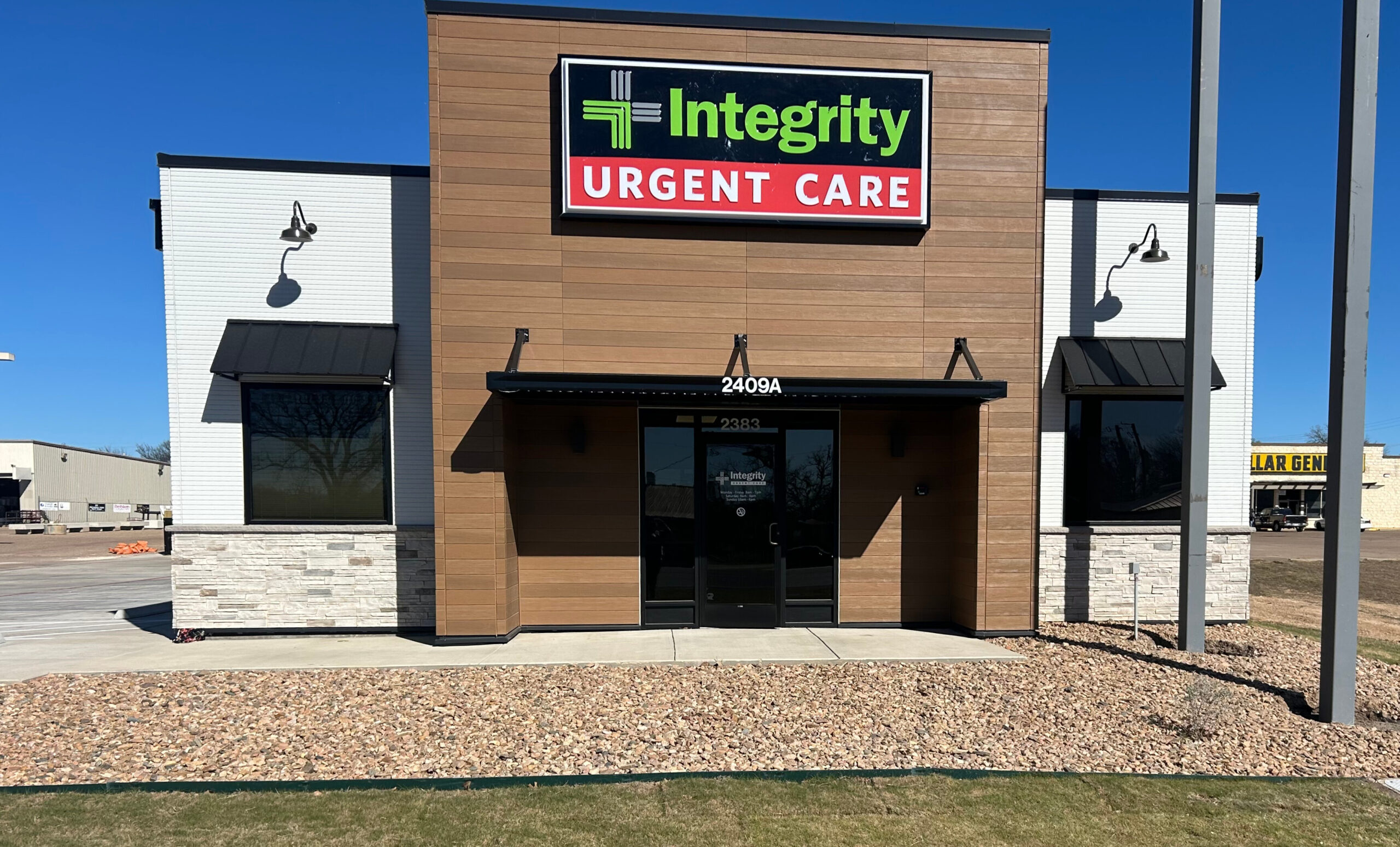This blog is part of a series of blog posts designed to serve as a quick reference guide. Each will focus on a sudden injury or illness and is designed to help you make an informed decision on a plan of action when the unexpected happens.
Respiratory syncytial virus (RSV) is a very common virus that causes lung and airway infections. In adults and older children, it leads to mild, cold-like symptoms. It can be more serious in young children, particularly premature infants or children born with chronic medical problems, such as heart or lung disease. Infections are most common November – April but can occur at any time.
What are the symptoms of RSV?
Symptoms usually occur within 4-6 days after being exposed to the virus.
Older children and adults usually have only mild, cold-like symptoms such as:
- A croupy, “seal bark” cough
- A stuffy nose
- A low-grade fever
- Coughing
- Decreased appetite and activity level.
Infants under the age of one often have more severe symptoms and may have more trouble breathing. Continue reading for symptoms that warrant immediate medical care.
When should I seek medical care for RSV?
- Your child is having difficulty breathing.
- Your child is wheezing or making a whistling noise while breathing.
- Your child is breathing irregularly; you notice pauses as he or she breathes (known as apnea).
- Your child is making grunting noises while breathing.
- Your child’s ribs appear to stick out while breathing (known as retractions).
- You notice nasal flaring as your child breathes.
- Your child is breathing rapidly (known as tachypnea).
- Your child appears blue at any time.
- Your child is under three months old and running a fever.
- You suspect your child is dehydrated.
- Your child is having difficulty feeding or vomits after a feeding.
How is RSV diagnosed?
Usually, RSV can be diagnosed based on patient history and a physical exam. RSV can also be quickly diagnosed using a sample of fluid taken from the nose with a cotton swab.
How is RSV treated?
Because it is a virus, antibiotics are not effective in treating RSV. Treatment is geared towards easing symptoms. Mild cases of RSV will resolve on their own. Infants and children with severe RSV may be admitted to the hospital. Your child may receive a prescription for a medication to help open his or her airways.
How can I treat RSV at home?
- Try to keep your child’s nasal passages clear using saline nose drops and a bulb syringe or Nose Frieda.
- Use a cool mist humidifier in your child’s room at night.
- Because your child is breathing harder and faster, he or she is more likely to become dehydrated. Encourage him or her to drink as much as possible.
- Exposure to smoke will make breathing problems worse. Do not allow smoking in the house.
How can RSV be prevented?
RSV is very contagious and spreads quickly. It can live for up to five hours on countertops and a half an hour or more on your hands. (Learn more about how to disinfect your home here.) It can spread through tiny droplets that are released into the air when a sick person coughs or sneezes. If you have an infant, you should be especially cautious.
- Insist that others wash their hands before touching your baby.
- Have others avoid contact with your baby if they have a cold or a fever. Wear a mask if necessary.
- Try to keep young children away from your baby.
- Parents of high-risk young infants should avoid crowds during RSV outbreaks.
Both Integrity Urgent Care locations are open daily from 8 am – 8 pm. Walk-ins are encouraged, and appointments are never necessary. We’re only a phone call away if you need more information.
Sources: https://medlineplus.gov/ency/article/001564.htm



